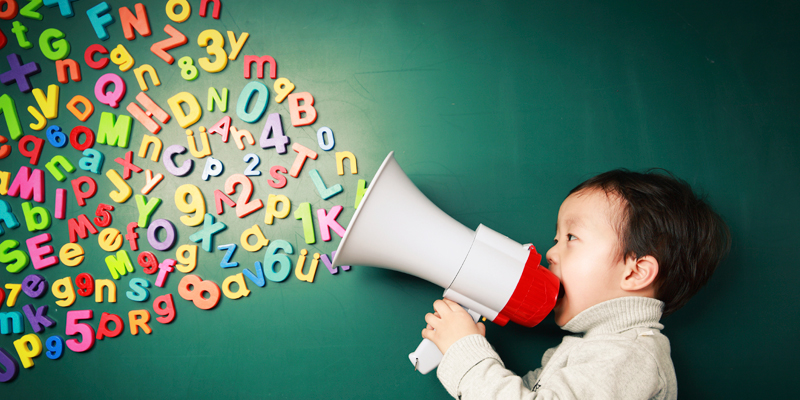
Sounds All Around: The Development of Phonemic Awareness
Your child has been communicating with you for a while, through both speech and gestures. She is now reaching a stage of phonemic awareness, which is the ability to sort out and distinguish between the different sounds that make up words. This is an important skill that will help her as she begins learning to read and write. At this time, she may be able to tell you the first sound in her name or a common word. If you read a story that has rhymes, she may notice and be able to point out the rhyming words or laugh at a silly rhyme. She may also be aware of the rhythm of language and be able to clap along with a song or as she says the syllables of a word.
(SPECIAL OFFER: Sign up for Playful Bee’s Bee Well developmental learning program to give your child the best start in life. The first 10,000 children enroll for FREE! Sign up today.)
Play Tips:
How can you support your child’s development of this Phonological Awareness skill at this age? It’s as easy as 1-2-3.
- Repeat favorite rhymes and simple songs. Keep on singing your child’s favorite songs to reinforce rhymes and sounds she already knows. This is also a good time to introduce new rhymes and tongue twisters to help her focus on new sounds.
- Point out sounds in words. The best place to start is with your child’s own name. Say her name slowly, emphasizing the first sound, and then repeat the sound. As she gets the idea, point out other words that start with that sound. For example, say “D-D-David. D-D-D. Can you say D-D-D? What else starts with D-D-D? I know! D-D-Dog!” Once your child masters the concept, ask her if she can think of any other words that start with that sound, and then move on to other letter sounds.
- Get silly! As your child begins to understand how sounds make up words, have a little fun at language’s expense. Try changing the first or last sound in a word and see what kind of goofy new words you come up with. Laugh together when one of you comes up with something really silly!
- Play rhyme games. Introduce rhymes beginning with simple sounds like “at,” “it,” or “ee.” Model how to find a rhyme, and then encourage your child to do so as well. As she masters easy rhymes, challenge her with more complex sounds.
(SPECIAL OFFER: Sign up for Playful Bee’s Bee Well developmental learning program to give your child the best start in life. The first 10,000 children enroll for FREE! Sign up today.)
Developmental Milestones:
Has your baby achieved the following Phonological Awareness developmental milestones yet? If yes, check off all the skill(s) he has already mastered to date using Playful Bee’s developmental milestones tracker. It’s absolutely FREE and easy to use, just click HERE!
- Develops phonological awareness; becomes aware and notices the sounds of speech.
Playful Bee
Latest posts by Playful Bee (see all)
- Have a Super Fortune Cookie Friday! - February 9, 2018
- All Kinds of Shapes: Your Child Is Learning Simple Shapes, and Drawing Them Too! - November 13, 2017
- Fishing for Sneakers: Create your own Hand-Eye Coordination Fun - November 11, 2017

+ There are no comments
Add yours